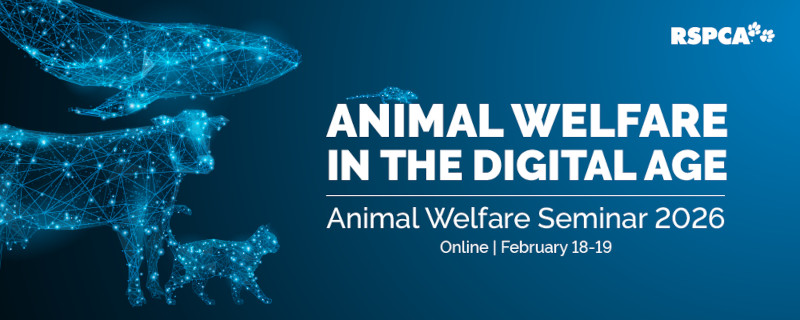Horses naturally live in herds and a normal horse is never alone by choice. These facts drive the behaviour of horses and cause them to do some of the things that can seem irrational to us – such as panic if they get separated from other horses.
Living as part of a herd has many advantages for horses such as ‘safety in numbers’. A horse living alone in the wild would be much more likely to be caught by a predator therefore horses feel safer when they have other horses around them.
Horses take it in turns to watch over each other while they sleep. One horse usually stays standing when the others are asleep on the ground. This horse is more alert than the others (even if dozing) while the others sleep more deeply. This is a good example of how herds operate.
When not eating or sleeping horses carry out many other social behaviours termed ‘loafing’. Loafing includes activities such as mutual grooming and playing. Mutual grooming, which is where horses use their incisor teeth to groom each other, is a very important behaviour for horses. Areas that they cannot reach themselves can be scratched by the other horse. It is also a way of maintaining bonds among herd members. Horses regularly simply stand together in the shade, nose to tail during hot weather, using their tails to keep flies off each other. In cold, wet weather horses will stand in a sheltered spot together because their large bodies help to keep each other warm.
Playing and running around together is another very important behaviour for horses of all ages. See the article What are the key things I should understand about horse behaviour?
Why is this important for my domestic horse?
Domestic horses have the same instincts and behave in much the same way that their free living cousins, therefore if we ignore these facts about their natural behaviour we can cause them to be stressed. Domestic horses do not reason that they do not need to worry about predators. Their instincts tell them that there are predators lurking around every corner and therefore they still feel much safer in a herd than alone. Horses that live alone do not get to benefit from the shared responsibilities of herd life and all the benefits of social behaviour.
How will I know if my horse is stressed?
A horse that is stressed due to a lack of companionship may show behaviours that include running around a lot (usually up and down the fence line that prevents the horse from reaching other horses) and whinnying. They may also lose weight. A horse that has been separated from other horses for a long time may show dull ‘switched off’ behaviour termed ‘learned helplessness’.
Can a different type of animal be a substitute for another horse?
A horse will ‘bond’ with another type of animal if that is all that is available. Horses will bond with many other types of animal if another horse is not available. In a stabled situation horses have even been known to bond with a chicken or a cat, but another horse is by far and away the best companion. Different types of animals behave in different ways which does not usually fulfil each of the animal’s needs. For example sheep and cows are ruminant animals which means that they eat more quickly than a horse and then spend more time laying down ruminating, whereas horses spend longer grazing and digest their food whilst grazing.
Can a human be a substitute for another horse?
Horses need other horses. Humans do not make a good enough substitute for another horse. Apart from the fact that a human cannot be with their horse 24/7, they cannot perform the functions that another horse can such as mutual grooming, standing over the horse while he or she sleeps and playing any of the many (very boisterous) games that healthy horses play. It is not acceptable practice to deliberately keep your horse without the company of other horses so that he or she bonds more strongly with you.
Ideally a horse should always be able to see and touch another horse. If horses are separated by fences into individual paddocks they can still become stressed and will often suffer from fence injuries in their attempts to interact with other horses. Keeping horses in ‘herds’ will give them the companionship they need and also allows you to manage your pasture better because then paddocks can be rested for periods between grazing periods which allows the pasture to re-grow.
Horses can be separated into individual yards or stables for the short time that it takes to eat any supplementary feed both for their safety and the safety of handlers.
For more information please see the Equiculture Responsible Horse Care page.

